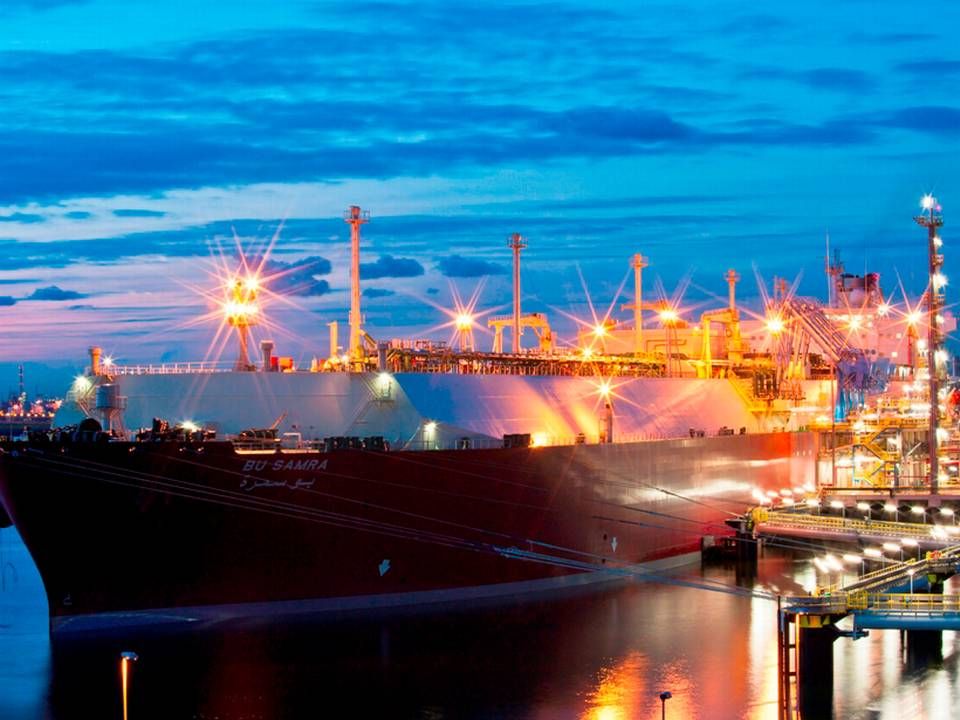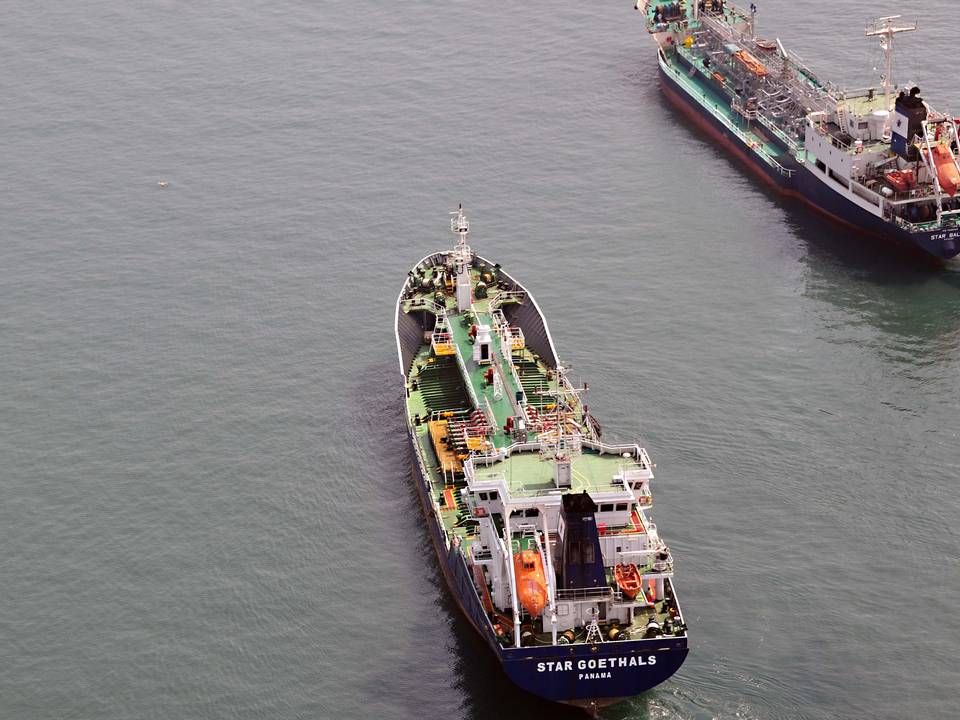IBIA chairman in strong criticism of the IMO

The IMO has become an impenetrable system in which political factors again and again trump well though-out decisions that involve common sense and considerations for shipowners and operators around the world.
This is an approximation of the harsh level of criticism aimed at the IMO's ability to continuously set requirements for the bunker producers, the major energy companies, who - according to the man voicing the criticism - have for years excelled by failing to comply with the new bunker quality requirements.
Try a free 40-day trial subscription to ShippingWatch
And the man behind behind this criticism is not just anybody - he is the chairman of IBIA, Jens Maul Jørgensen, who in comments to ShippingWatch elaborates on what some might describe as a full-on attack on the UN's International Maritime Organization.
No requirements for refineries
"There should be no doubt that the IMO must handle environmental matters that ultimately concern the air we all have to breathe. But there's a lack of willingness and ability at the IMO to involve the industry as a whole in the important topic of continuously improving the quality of bunkers, something that the shipping industry widely agrees is a good thing, and which benefits the environment. The problem is that the IMO has, for years, avoided implementing requirements for energy companies and refineries to deliver the necessary quality. Instead, shipowners and operators, and shipyards as well, are left in the dark about what quality of bunker to expect, how much can be delivered, and when the companies will be able to deliver."
This is not the first time that the IBIA chairman, whose mandate was extended so that he will serve two years instead of one, has publicly criticized the fact that the standard of bunker oil available is generally too poor. The quality is too low for the engines, while it also fails to comply with the environmental regulations that form part of the global political agenda. IBIA has frequently met with the IMO's Marine Environment Protection Committee (MEPC) to call attention to the obvious lack of action on the part of the IMO. According to ShippingWatch's sources, the IMO's most recent move in this regard has been to launch a study that - with a deadline set for October 2016 - will assess the availability of bunker of the quality needed in the years to come.
Better bunker controls
The challenge right now for many carriers is that they are the ones who will have to struggle to ensure that the low sulfur fuel oil delivered does not damage their engines, as they have to use more lubrication oil in order to achieve a higher flash point, as required by for instance US authorities.
Try a free 40-day trial subscription to ShippingWatch
In an interview with Platts Bunkerworld, Jens Maul Jørgensen - who also serves as Director of Bunkers and Head of Global Procurement at German carrier Oldendorff - elaborates further on his critical remarks:
"We have asked for better fuel quality controls, but the IMO has so far failed to take a decision or introduce measures to support this call. Owners/operators have to comply with regulations on sulfur limits, but there is no regulations towards the suppliers," he tells Platts Bunkerworld.
Already last year, Jens Maul Jørgensen publicly criticized the quality of bunker, as well as the lack of controls in ports, which makes it far too easy to sell fuel that does not meet the latest standards. Specifically, he says that it makes no sense that carriers are left holding the entire burden of implementing the sulfur regulations as stated in the so-called Marpol IV, while there are no requirements for suppliers to comply with the latest specifications for marine fuel as set out in ISO 8217.
"The bunker industry is behaving disrespectfully"
He is not only referring to the IBIA, which also counts shipowners among its 600 members, but also the shipowners gathered in the International Chamber of Shipping (ICS), Intertanko and the International Parcel Tankers Association (IPTA).
When Jens Maul Jørgensen pounds the table in this way, it is because the quality is moving in the right direction, evident by the fact that an increasing number of tests are showing worse and worse results. At any rate, results in 2014 showed a deterioration, while there could be better numbers in store this year. Distillates seem to show the opposite development, namely that the quality is declining.
The IBIA chairman believes that it will be a fairly simple matter for the IMO to tighten the requirements. For instance, marine gas oil (MGO) should be required to comply with the standards and specifications set in 2012, while heavy fuel oil (HFO) should comply with ISO 8217.
"Why not make it obligatory to use the latest ISO:8217 specs within a year after it is published? Lots of suppliers say that they cannot get the ISO 8217:2010 specs because the refiners and cargo traders will only sell to them under the 2005 spec, therefore we need a regulation on quality from IMO," he concludes.
The key difference between the 2005 and 2010 specifications is that the 2010 set calls for a significantly higher number of bunker quality tests.
Industry wants IMO to act on poor bunker
IBIA: IMO takes a step forward on bunker
Bunker quality getting back on track
Related articles
Rotterdam tightens the noose on bunker fraud
For subscribers
IBIA: IMO takes a step forward on bunker
For subscribers





















